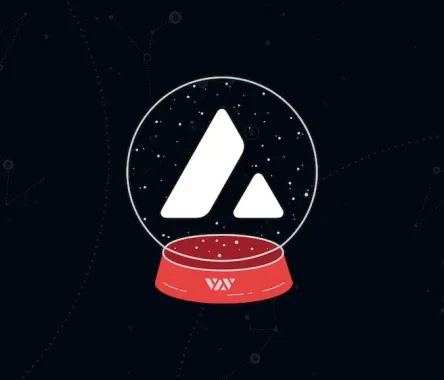Dec 20, 2023 Alexander Chelpanov
Decentralized Timeboost: A Game-Changer in Blockchain?
Espresso Systems has just announced on Twitter their partnership with Offchain Labs to develop a decentralized version of the Timeboost transaction ordering policy for the Arbitrum ecosystem. This collaboration, initially presented at Permissionless II, aims to tackle issues related to frontrunning and Maximum Extractable Value (MEV) in blockchain transactions.
At @permissionless II, we announced our partnership with @OffchainLabs to bring a decentralized version of Timeboost to the @arbitrum ecosystem and beyond.
— Espresso Systems (@EspressoSys) December 20, 2023
Today, we’re sharing an update on R&D efforts and a jointly authored roadmap: pic.twitter.com/5nj6j01Vil
What is Timeboost?
Timeboost, a creation of Offchain Labs, is a transaction ordering policy that departs from traditional methods. It functions on a modified first-come-first-serve basis, where users can influence transaction processing order through a priority fee. This system is designed to address front-running risks by encrypting the transaction pool, thereby keeping transaction details confidential until the order is finalized.
How Does the Espresso Sequencer Fit In?
The Espresso Sequencer, developed by Espresso Systems, plays a crucial role in this initiative. It is a protocol that supports a variety of transaction ordering policies, including Timeboost. The Sequencer is engineered to enhance interoperability and achieve rapid finality in rollups, maintaining scalability.
What Are the Technical and Architectural Innovations?
A notable innovation in Decentralized Timeboost is the implementation of an external mechanism, managed by a Timeboost committee. This committee is responsible for determining block boundaries within the output stream of the Espresso Sequencer. This process introduces a necessary element of non-determinism for the functioning of Timeboost.
Transactions within "Timeboost blocks" are ordered deterministically, based on priority fees after invalid transactions are filtered out. The committee's role is pivotal yet does not require running a full consensus protocol for boundary finalization, as it utilizes the Hotshot consensus protocol.
What is the Roadmap for Decentralized Timeboost?
The development of Decentralized Timeboost is structured around a series of milestones, including:
- Collaborative discussions and initial design considerations between Offchain Labs and Espresso Systems.
- Integration testing with the Arbitrum technology stack in the Gibraltar testnet.
- R&D to finalize the architecture and technical specifications of Decentralized Timeboost.
- Protocol development and testing as a module within the Espresso Sequencer.
- Making the Decentralized Timeboost protocol available for rollups using the Espresso Sequencer.
- Further expansion to the Ethereum ecosystem.
Understanding the Hotshot Consensus Protocol and the Espresso Sequencer
The Hotshot consensus protocol, developed by Espresso Systems, is built upon the HotStuff protocol. It incorporates Byzantine Fault Tolerant (BFT) consensus, proof-of-stake, and Verifiable Random Function (VRF) committee elections. This structure is intended to support efficient consensus in blockchain networks, a critical aspect for transaction sequencing in layer-2 scaling solutions.
Central to this approach is the Espresso Sequencer network. Its purpose is to decentralize transaction sequencing for blockchain networks like Ethereum, aiming to do so without negatively impacting speed and scalability. The protocol strives to ensure high throughput and quick transaction finality, which are key for the smooth functioning of blockchain operations.
Espresso Systems' work extends to improving broader blockchain infrastructure. The Espresso Sequencer is equipped with a REST API interface, which is designed for ease of integration by developers. The company, backed by a team experienced in cryptography and distributed systems, is involved in both the development and implementation of these protocols.



